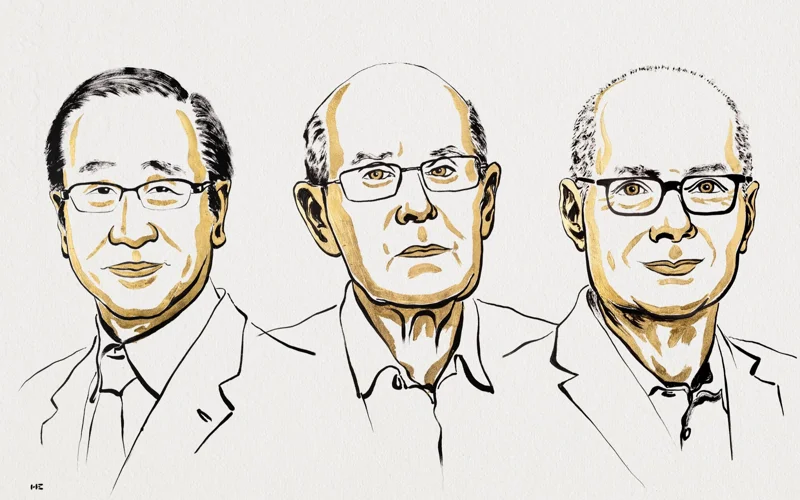2025 Nobel Prize in Chemistry awarded to developers of metal-organic frameworks
The Nobel Prize in Chemistry 2025 has been awarded to Japanese Susumu Kitagawa, Australian Richard Robson, and American Omar Yaghi for developing “a new form of molecular architecture,” Kazinform News Agency reports, citing nobelprize.org.

In these structures, metal ions serve as foundational nodes connected by lengthy organic (carbon-based) molecules. The metal ions and molecules are organized to form crystals with large spaces, known as metal-organic frameworks (MOFs).
By altering the components used to build MOFs, scientists can design them "to capture and store particular substances." For instance, they can be used "to harvest water from desert air, extract pollutants from water, capture carbon dioxide, and store hydrogen."
MOFs can also facilitate chemical reactions or even conduct electricity, an official statement reads.
“Metal-organic frameworks have enormous potential, bringing previously unforeseen opportunities for custom-made materials with new functions,” according to Heiner Linke, Chair of the Nobel Committee for Chemistry.
Earlier, it was reported that the Royal Swedish Academy of Sciences awarded the 2025 Nobel Prize in Physics to John Clarke, Michel H. Devoret, and John M. Martinis for quantum mechanic tunnelling.
